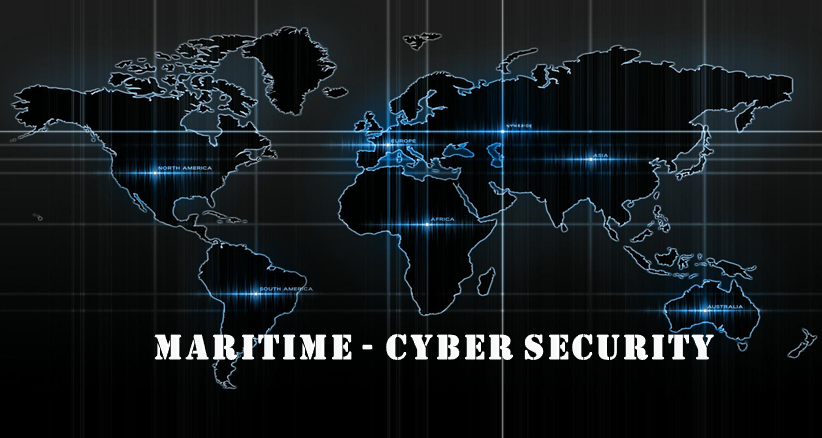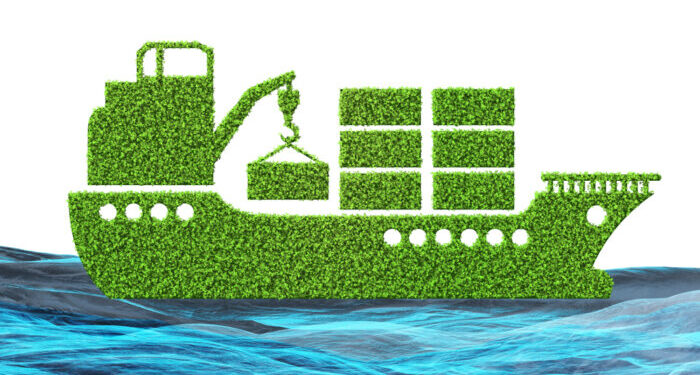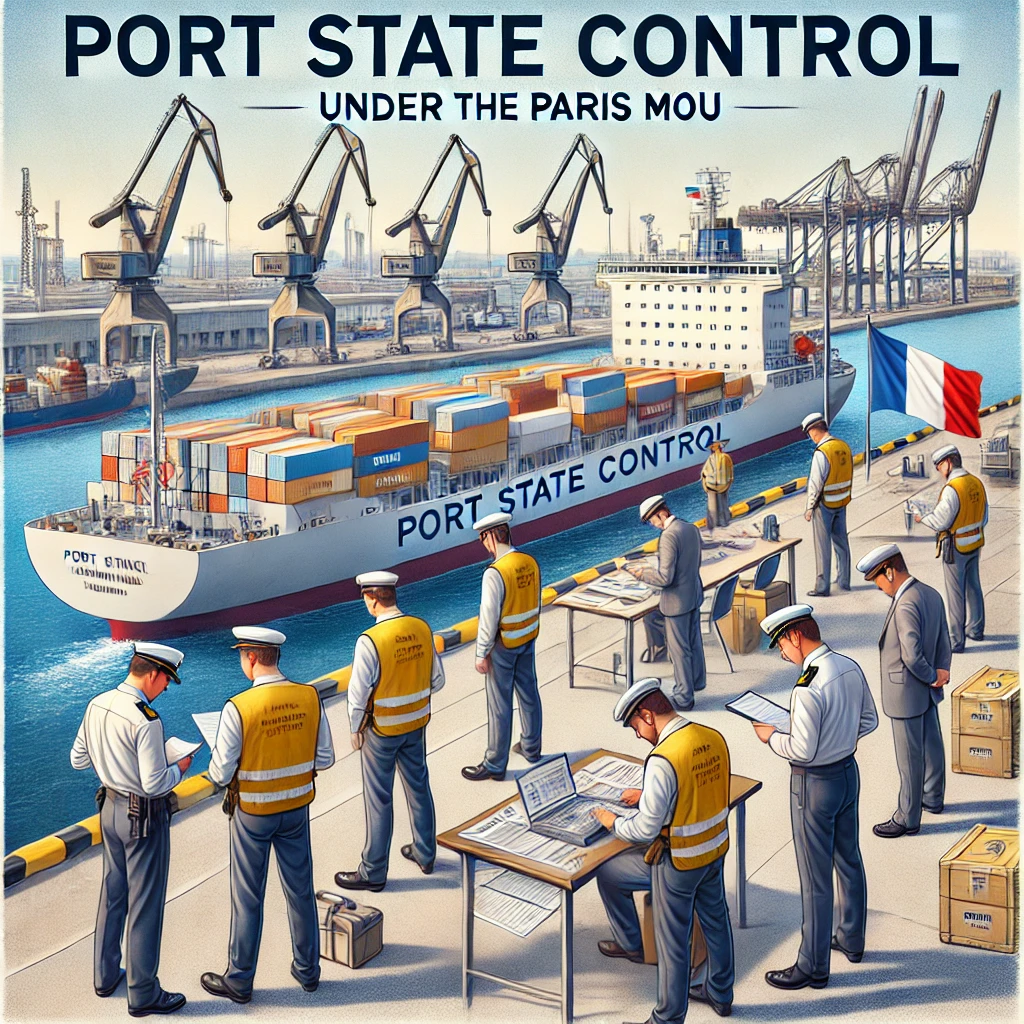As of May 2025, the maritime sector is experiencing significant shifts across various domains, including sustainability, technology, and geopolitics. Here’s a consolidated overview of the latest developments:
🌍 Sustainability and Decarbonization Efforts
-
IMO Net-Zero Framework: The International Maritime Organization (IMO) has approved a draft framework aiming for net-zero emissions by 2050. This includes a carbon pricing mechanism set to apply from 2028, marking a significant step towards decarbonizing global shipping. Wikipedia
-
Launch of World’s Largest Electric Ferry: Australian shipbuilder Incat has unveiled the 400-foot-long Hull 096, the world’s largest fully electric ship. Powered by over 250 metric tons of batteries, it represents a substantial advancement in clean maritime transport.
⚙️ Technological Innovations
-
Automated Shipbuilding Collaboration: ABS and HD Hyundai Mipo have initiated a joint development project focusing on digital manufacturing-based automation equipment for shipyards. This collaboration aims to leverage smart technologies to enhance shipyard operations. MarineLink
-
Quantum Sensing for Navigation: A new quantum sensing technology from Australia-based Q-CTRL is being explored to overcome GPS-denied navigational challenges, indicating a potential shift in maritime navigation methods. MarineLink
🛡️ Geopolitical and Regulatory Developments
-
U.S. Maritime Policy Shifts: The U.S. is considering establishing an international ship registry in the U.S. Virgin Islands to expand its flagged commercial fleet and reduce reliance on foreign vessels. This move complements legislative efforts like the SHIPS for America Act, aiming to revitalize domestic shipbuilding. Financial Times+2Reuters+2New York Post+2
-
Trade Tensions Impacting Shipping: Maersk has adjusted its global container volume growth outlook due to increased geopolitical uncertainty, particularly from the U.S.-China trade tensions. The company now expects global shipping volume to range from a 1% decline to a 4% increase. MarineLink+4Investor’s Business Daily+4Journal of Commerce+4
📈 Industry Trends and Challenges
-
Rising Shipping Costs for Automakers: European and Asian carmakers are facing increased shipping costs to the U.S. due to new regulations imposing a $150 fee per vehicle on non-U.S.-built vessels, effective from October. This policy could add up to $1.8 billion annually in costs for car carrier operators. Financial Times
-
Cybersecurity Concerns: With the maritime industry becoming more digitized, cybersecurity has emerged as a strategic priority. Companies are focusing on robust cybersecurity measures to protect critical systems and data, especially in light of recent incidents highlighting vulnerabilities. SpecTec
These developments underscore the maritime industry’s dynamic nature and the importance of staying informed to navigate the evolving landscape effectively.












